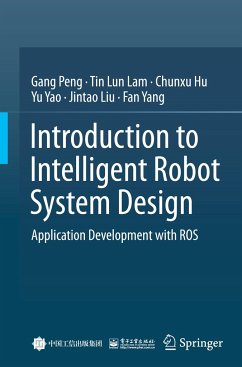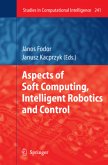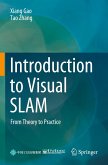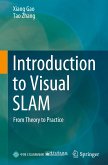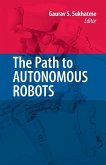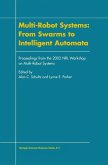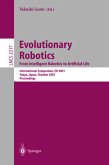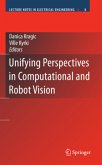This book introduces readers to the principles and practical applications of intelligent robot system with robot operating system (ROS), pursuing a task-oriented and hands-on approach. Taking the conception, design, implementation, and operation of robot application systems as a typical project, and through "learning-by-doing, practicing-while-learning" approach, it familiarizes readers with ROS-based intelligent robot system design and development step by step.
The topics covered include ROS principles, mobile robot control, Lidar, simultaneous localization and mapping (SLAM), navigation, manipulator control, image recognition, vision calibration, object grasping, vision SALM, etc., with typical practical application tasks throughout the book, which are essential to mastering development methods for intelligent robot system.
Easy to follow and rich in content, the book can be used at colleges and universities as learning material and a teaching reference book for "intelligent robot," "autonomous intelligent system," "robotics principles," and "robot system application development with ROS" in connection with automation, robotics engineering, artificial intelligence (AI), mechatronics, and other related majors. The book can assist in mastering the development and design of robot systems and provide the necessary theoretical and practical references to cultivate robot system development capabilities and can be used as teaching material for engineering training and competitions, or for reference, self-study, and training by engineering and technical personnel, teachers, and anyone who wants to engage in intelligent robot system development and design.
The topics covered include ROS principles, mobile robot control, Lidar, simultaneous localization and mapping (SLAM), navigation, manipulator control, image recognition, vision calibration, object grasping, vision SALM, etc., with typical practical application tasks throughout the book, which are essential to mastering development methods for intelligent robot system.
Easy to follow and rich in content, the book can be used at colleges and universities as learning material and a teaching reference book for "intelligent robot," "autonomous intelligent system," "robotics principles," and "robot system application development with ROS" in connection with automation, robotics engineering, artificial intelligence (AI), mechatronics, and other related majors. The book can assist in mastering the development and design of robot systems and provide the necessary theoretical and practical references to cultivate robot system development capabilities and can be used as teaching material for engineering training and competitions, or for reference, self-study, and training by engineering and technical personnel, teachers, and anyone who wants to engage in intelligent robot system development and design.

